India’s Supreme Court ruled that all powerlines in the habitat of the Great Indian Bustard should be taken underground, while ‘bird diverters’ are to be installed in the meantime.
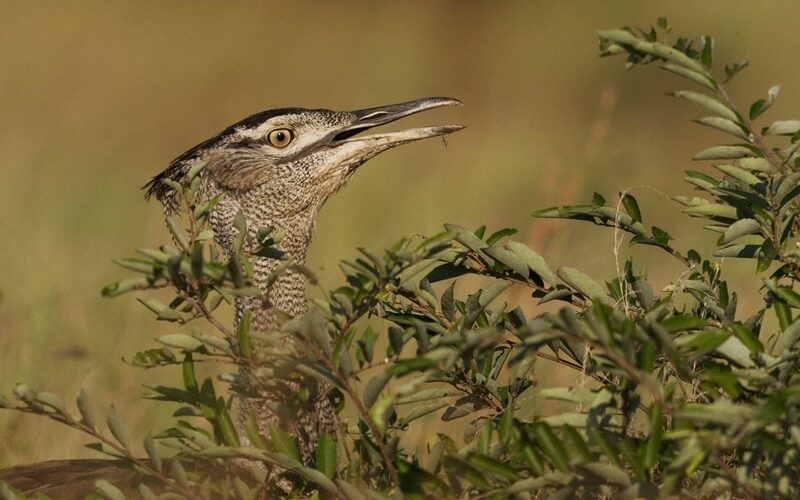
Context:
The Thar Desert has been touted as the renewable energy powerhouse of India and the expansion of renewable energy production (wind, solar) has been facilitated with leniency in environmental clearances – owing to its classification as ‘revenue wastelands’ by the Indian government. The power lines associated with increased energy production have greatly affected the Great Indian Bustard. The Great Indian Bustard – the world’s heaviest flying bird – is a Critically Endangered species that inhabits the Thar desert. Around 100 individuals remain, and the Wildlife Institute of India estimates that 18 die each year due to collision with power lines.
The Supreme Court has ordered the power lines to be laid underground in both ‘potential’ and ‘priority’ habitats of the bird.
So what?
If the developers comply with the regulations, this move will help maintain and potentially increase the Great Indian Bustard population.
This episode is also an example of the conflict between conservation and renewable energy infrastructure that will become more widespread as renewable energy scales up. Similar court orders are likely to increase the cost and feasibility, and thereby the site selection considerations, of renewable energy projects. Of importance might also be the development of a more nuanced understanding of ‘green’ infrastructure and a realisation that ‘green’ does not necessarily equal ‘good’ on all fronts.
Sources
-
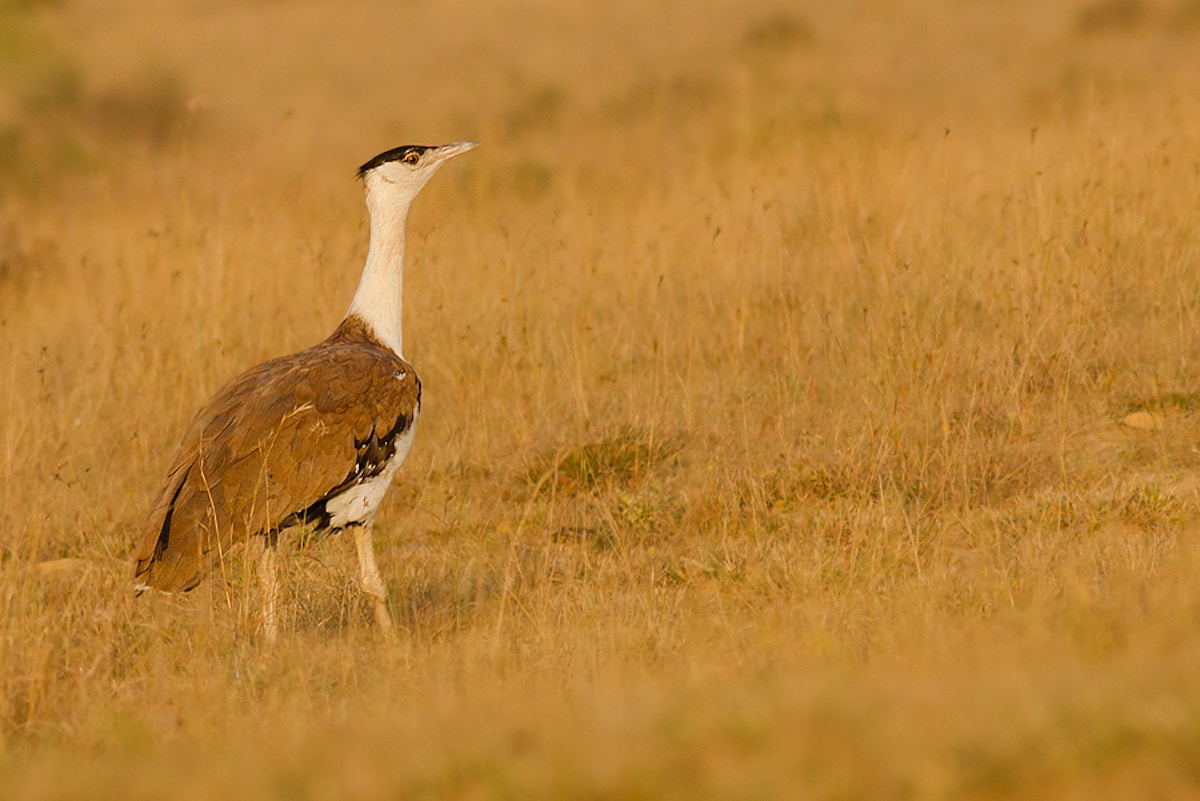 India’s renewable energy plants ‘not bird-friendly’ https://www.eco-business.com/news/indias-renewable-energy-plants-not-bird-friendly/
India’s renewable energy plants ‘not bird-friendly’ https://www.eco-business.com/news/indias-renewable-energy-plants-not-bird-friendly/ -
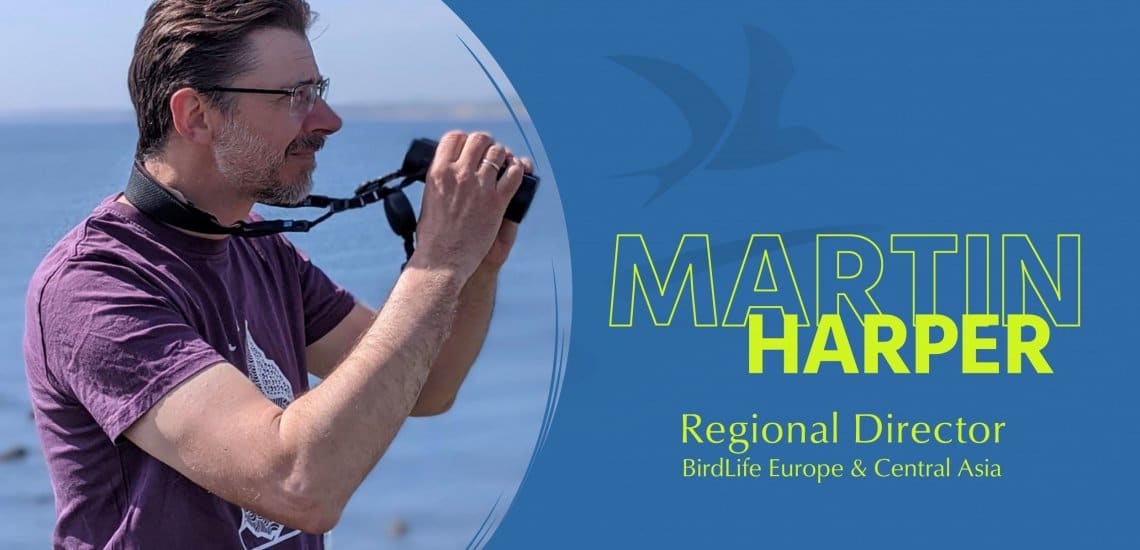 The 2030 Challenge: stop the rot, protect the best and restore the rest https://www.birdlife.org/news/2021/06/05/europe-and-central-asia-news-2030-challenge-un-decade-ecosystem-restoration/
The 2030 Challenge: stop the rot, protect the best and restore the rest https://www.birdlife.org/news/2021/06/05/europe-and-central-asia-news-2030-challenge-un-decade-ecosystem-restoration/
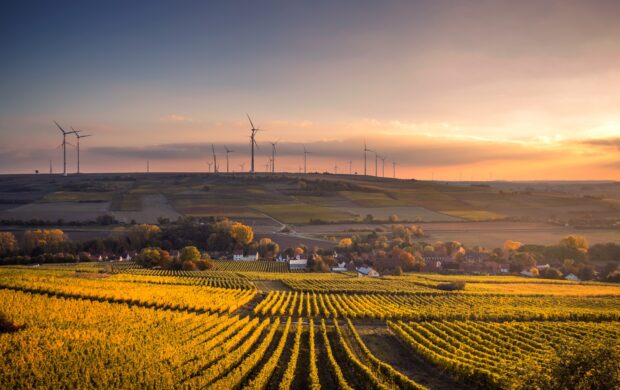
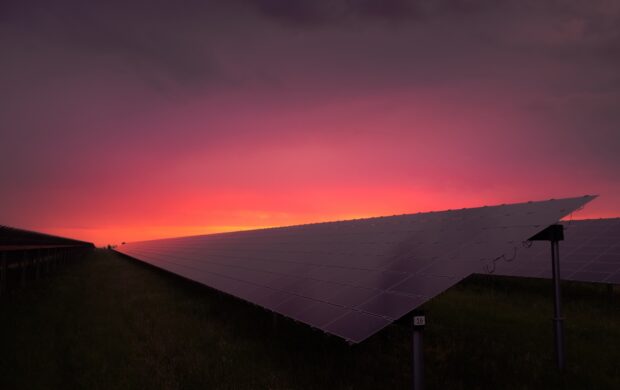
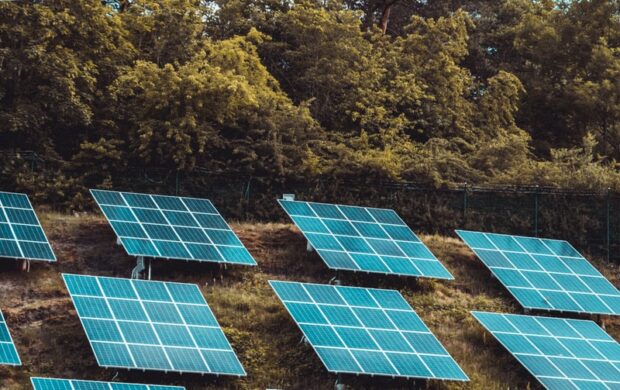
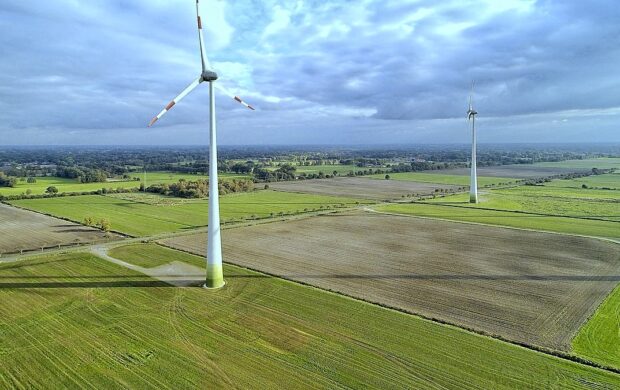

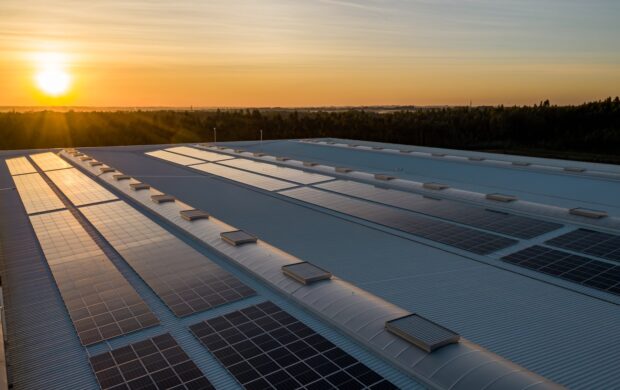
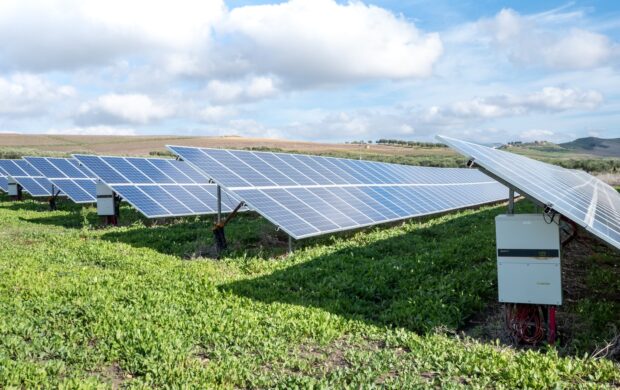


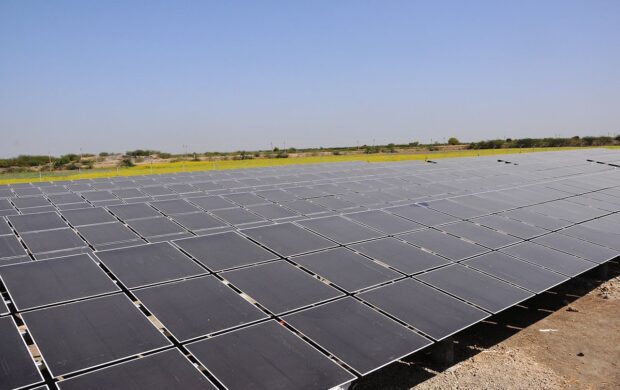
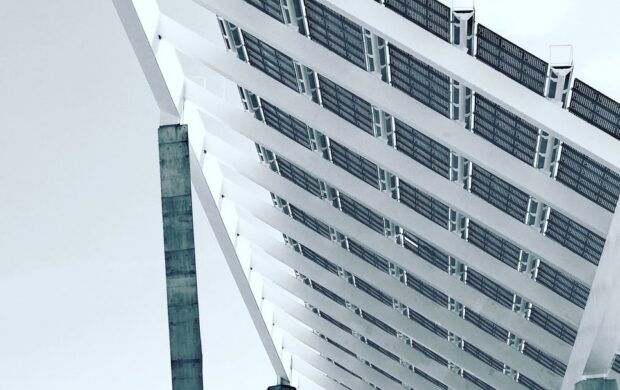
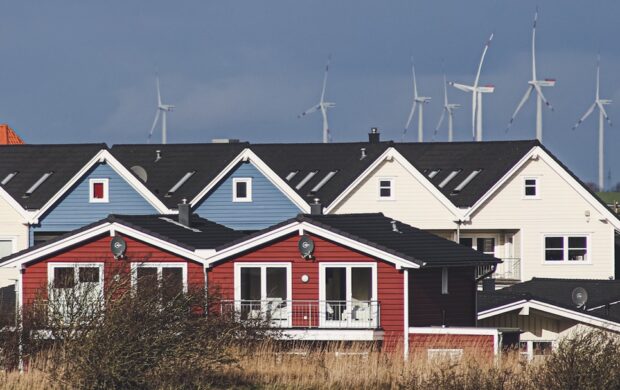
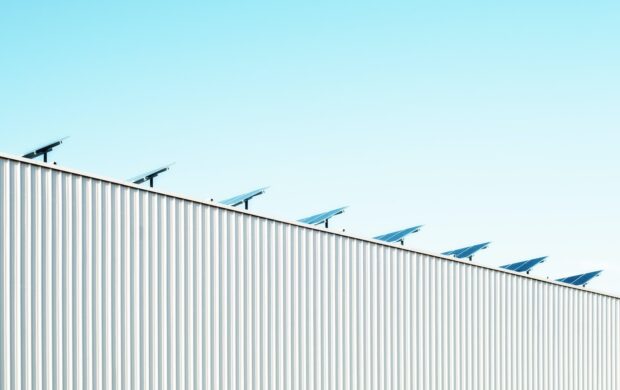
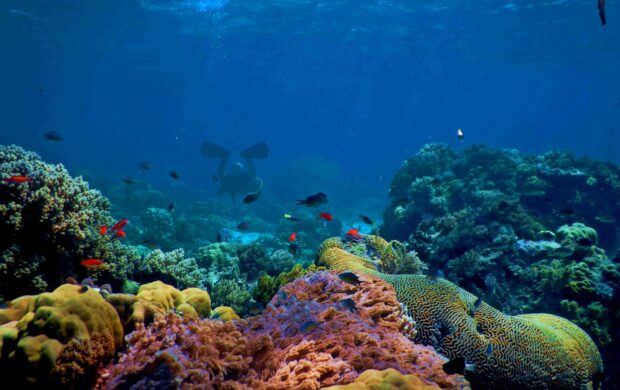
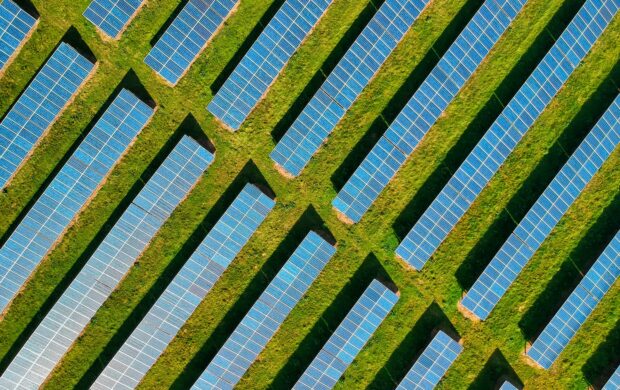

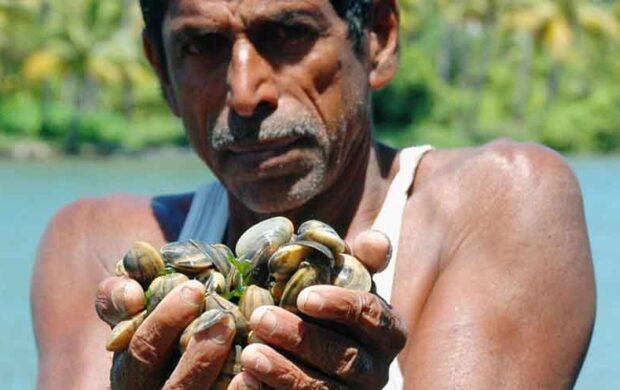
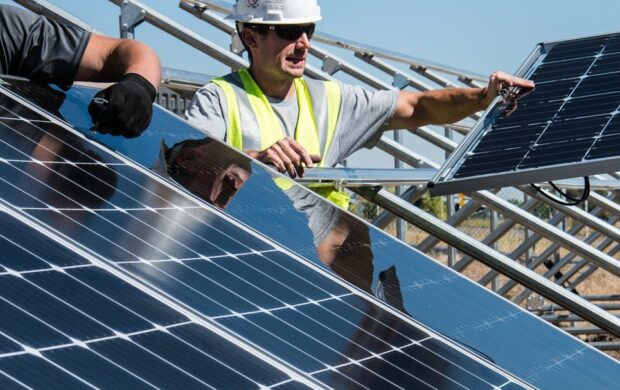


Join discussion